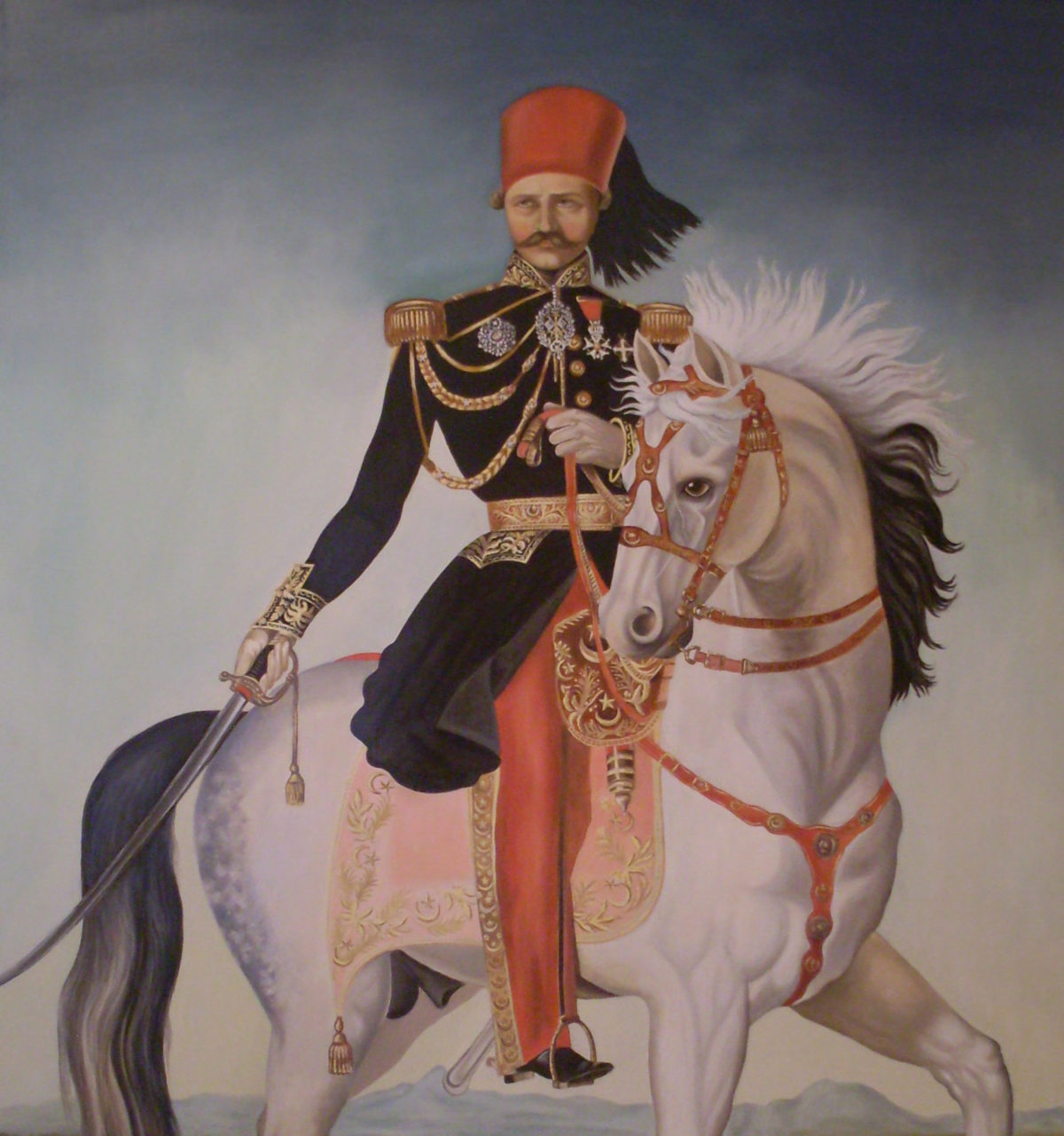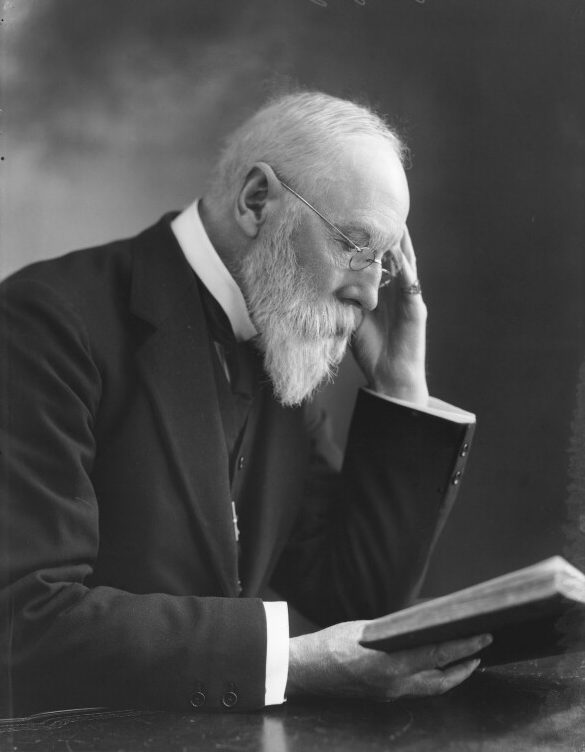Education and Taste
Literary authors often saw their social role as one of teachers – whether passing their knowledge down to children or newly educated classes, or counselling the powerful. As a result, many of the genres and authors studied as part of the MULOSIGE project share a strong didacticism.
Many authors were themselves embedded in cultural and educational institutions, and worked as scribes, manuscript illustrators, official praise singers, imperial chroniclers, university lecturers, private tutors, freelance performers at ceremonies and public events, publishers, theatre directors, magazine editors. In all these roles, they were often expected to share their wisdom, whether in the form of witty jokes or long treatises. Literature, for example, often aimed at teaching religious dogmas and moral precepts to the community of the faithful. Or in more secular context, literature instructed the readers on how to be good citizens and patriots, good daughters and sons, good husbands and wives. In all these cases, the author postured as someone who has knowledge to share to advance society. This could take the form of explicitly didactic genres, such language primers, or more aesthetically inflected genres, such as children’s literature.
A focus on education offers a privileged lens through which to study ideological state apparatuses, mechanisms of social reproduction, hegemony and counter-hegemonies, and the relationship between literary authors and political power.
Reading group on Education and Comparative Colonialisms
Education systems, and the literary works they prioritized, are an excellent inroad to outlining how literary forms and cultures responded to colonialism
Reading group with Javed Majeed (King’s College London)
Javed Majeed joined us for an informative and enjoyable reading group where we discussed his work on the Linguistic Survey of India and its superintendent, George Grierson.



